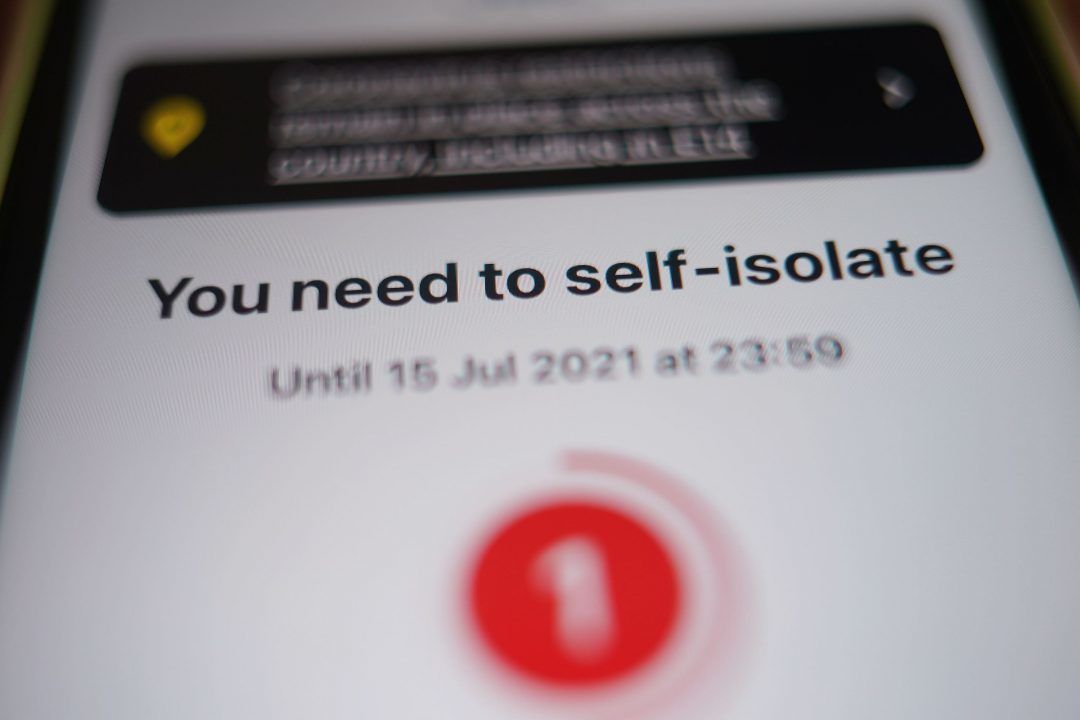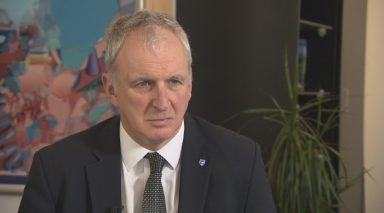Seven in ten Scots successfully followed self-isolation rules, a survey has indicated.
Research commissioned by the Scottish Government found that compliance was high among three groups: people who tested positive for Covid-19, their close contacts, and international travellers.
While 94% of those in the opt-in survey of 4325 people reported fully self-isolating “all the time”, researchers estimated 74% is a “more accurate estimate”.
The research was carried out by the Scottish Centre for Social Research (ScotCen) on behalf of the Government, questioning people required to isolate themselves by Test and Protect between March and June.
Around half (49%) said going through self-isolation had negatively affected their mental health, with younger people, international travellers in managed isolation and those who had already self-isolated particularly affected.
Rule-breaking during the isolation period included going to the shops for food, toiletries or medicine, exercising outside, and going to work, school or university, researchers said.
Instances of rules being breached were low overall although “this is likely, in part, due to the opt-in nature of the survey”, ScotCen acknowledged.
There were generally high levels of what was permitted across all three groups, although there was some uncertainty about whether someone could leave isolation for a medical reason, to care for someone vulnerable, or get a Covid test.
The majority of survey participants knew a ten-day isolation period was required after someone tested positive, although the proportion was lower among international travellers, nearly four in 10 (37%) of whom thought it was 14 days, ScotCen said.
People without support networks of friends, family, neighbours, or those on lower wages or long-term illnesses were more likely to access formal support offerings including through the local authority, it added.
ScotCen research director Lisa Rutherford said: “Compliance with the requirement to self-isolate was high, although survey evidence indicates that not everyone managed to follow the guidelines quite as well as they thought.
“Self-isolation can be challenging, and we know from this research that, for some, the requirement impacted on their mental health and on their finances and this was especially true for young people in particular.
“It is encouraging that, when accessed, formal support was viewed as beneficial.
“Building the profile of the formal support on offer could help improve people’s experiences of self-isolation and simultaneously help them self-isolate successfully.”
Follow STV News on WhatsApp
Scan the QR code on your mobile device for all the latest news from around the country


 PA Ready
PA Ready
























